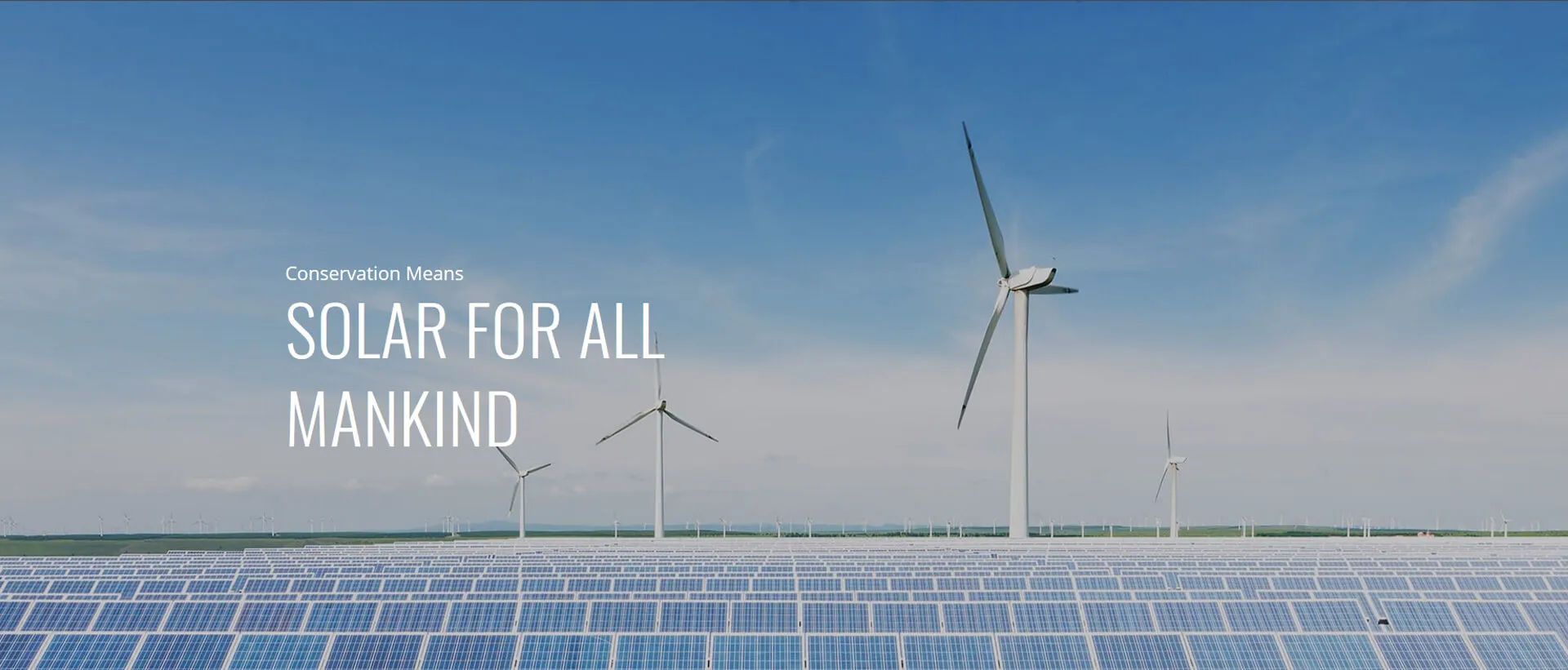Recent Advances in Solar Panel Efficiency and Their Impact on Renewable Energy Solutions
Current Solar Panel Efficiency A Comprehensive Overview
As the world increasingly turns toward renewable energy solutions, solar power remains at the forefront of sustainable energy technologies. Among the many factors contributing to the viability of solar energy, the efficiency of solar panels is paramount. Understanding current solar panel efficiency is essential for homeowners, businesses, and policymakers looking to invest in solar technology and reduce reliance on fossil fuels.
What is Solar Panel Efficiency?
Solar panel efficiency refers to the percentage of sunlight that a solar panel can convert into usable electricity. For example, if a solar panel has an efficiency rating of 20%, it means that 20% of the sunlight hitting the panel is transformed into electrical energy, while the remaining 80% is either reflected or lost as heat. Generally, the higher the efficiency, the more electricity a solar panel can generate in a given amount of space, which is especially important in urban settings where roof space is limited.
Current Efficiency Ranges
As of October 2023, the efficiency of solar panels varies widely by technology type. Traditional monocrystalline panels, known for their high efficiency and performance, typically range from 20% to 22% efficiency, with some high-end models even reaching up to 24%. Polycrystalline panels, which are generally less costly to produce, typically exhibit efficiencies between 15% and 20%.
Beyond these conventional technologies, innovative approaches have emerged. Thin-film solar cells, while less efficient (around 10% to 12%), are advantageous in specific applications due to their lightweight and flexible nature. Furthermore, emerging technologies, such as bifacial panels, which can capture sunlight from both sides, and multi-junction cells that layer different semiconductor materials, can achieve efficiency rates exceeding 30% in laboratory settings, although these are not yet widely commercialized.
Factors Impacting Efficiency
current solar panel efficiency

Several factors influence the efficiency of solar panels, including temperature, shading, and angle of installation. Solar panels generally perform better in cooler temperatures, as excessive heat can reduce their efficiency. Additionally, shading from trees or neighboring buildings can significantly impact performance. Proper installation at the optimal angle and orientation relative to the sun is crucial to maximize exposure and ensure peak efficiency.
The Importance of Efficiency
The importance of solar panel efficiency cannot be overstated, as it directly impacts the overall return on investment for solar energy systems. Higher efficiency panels can yield more electricity over their lifespan, translate into lower energy bills, and reduce the payback period for the initial investment. In regions with limited sunlight or smaller rooftops, investing in high-efficiency panels becomes particularly advantageous.
The Future of Solar Panel Efficiency
Research and development in solar technology continue to push the boundaries of efficiency. Scientists are investigating new materials, such as perovskite solar cells, which show promise for achieving high efficiency at lower costs. As technology advances, we can expect improvements in manufacturing processes and materials that could lead to even more efficient solar panels.
Conclusion
Current solar panel efficiency is a critical aspect of the solar energy landscape. As technology evolves, it is essential for consumers and industry stakeholders to stay informed about the latest developments in solar panel efficiency. By understanding and investing in high-efficiency solar panels, individuals and organizations can contribute to a more sustainable future while reaping the economic benefits of renewable energy. As we strive toward a greener planet, the quest for improved solar panel efficiency will remain a vital component of the global energy transition.
-
Understanding the Advantages of Solar String Inverters for Your Energy SystemNewsApr.29,2025
-
Choosing the Right PV Inverter: A Comprehensive GuideNewsApr.29,2025
-
The Future of Solar Power: Exploring Bifacial Solar PanelsNewsApr.29,2025
-
The Complete Guide to Solar Panels: Efficiency, Cost, And InstallationNewsApr.29,2025
-
The Best Options for Efficiency and Cost-EffectivenessNewsApr.29,2025
-
Harnessing the Power of Off-Grid Solar Inverters for Energy IndependenceNewsApr.29,2025







